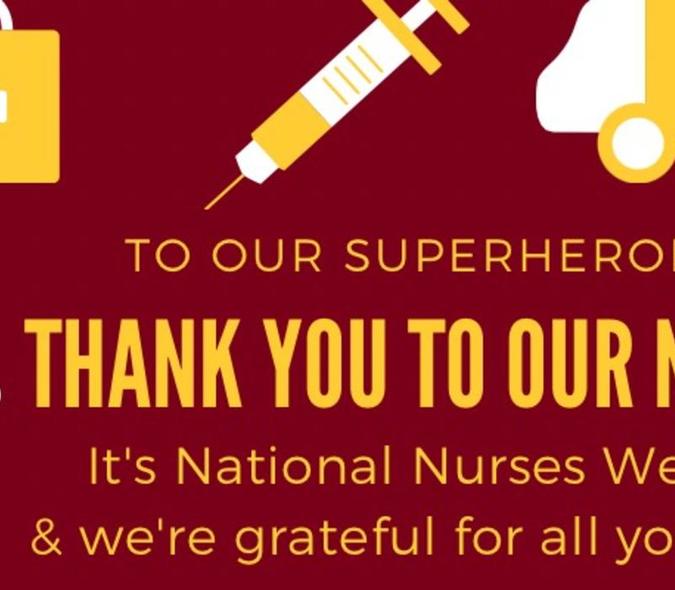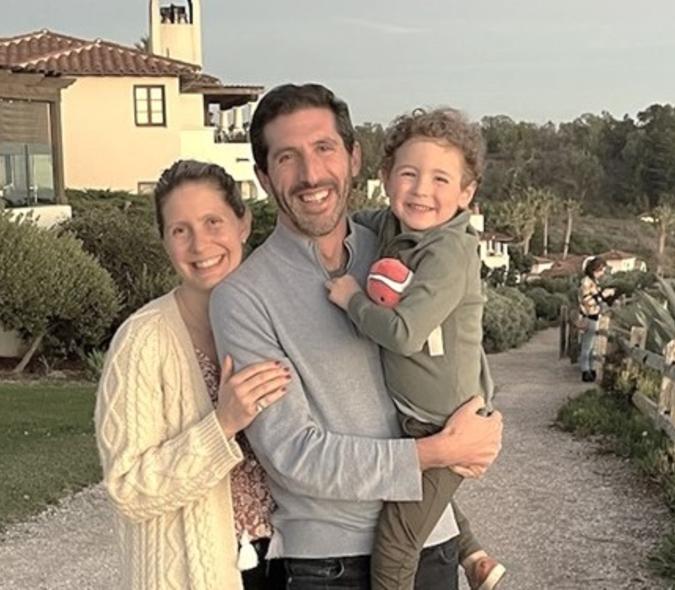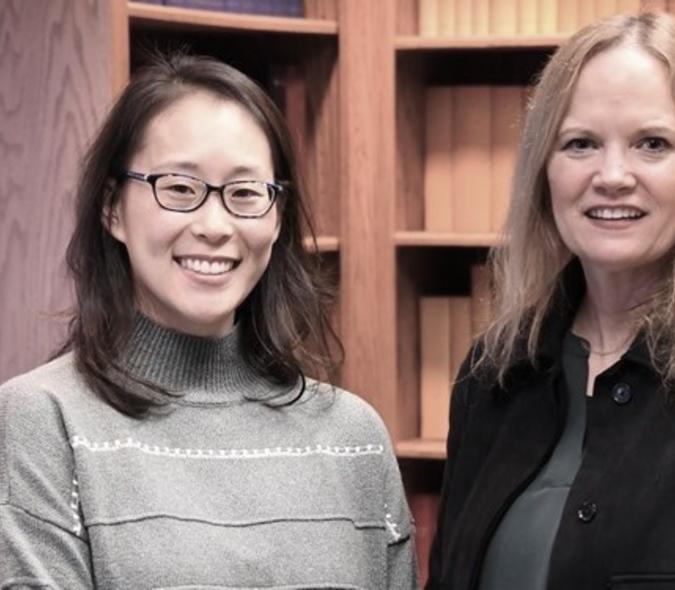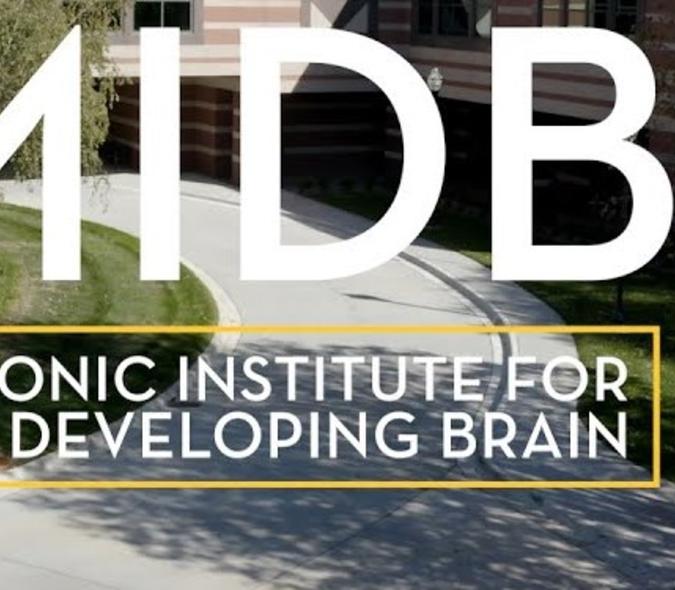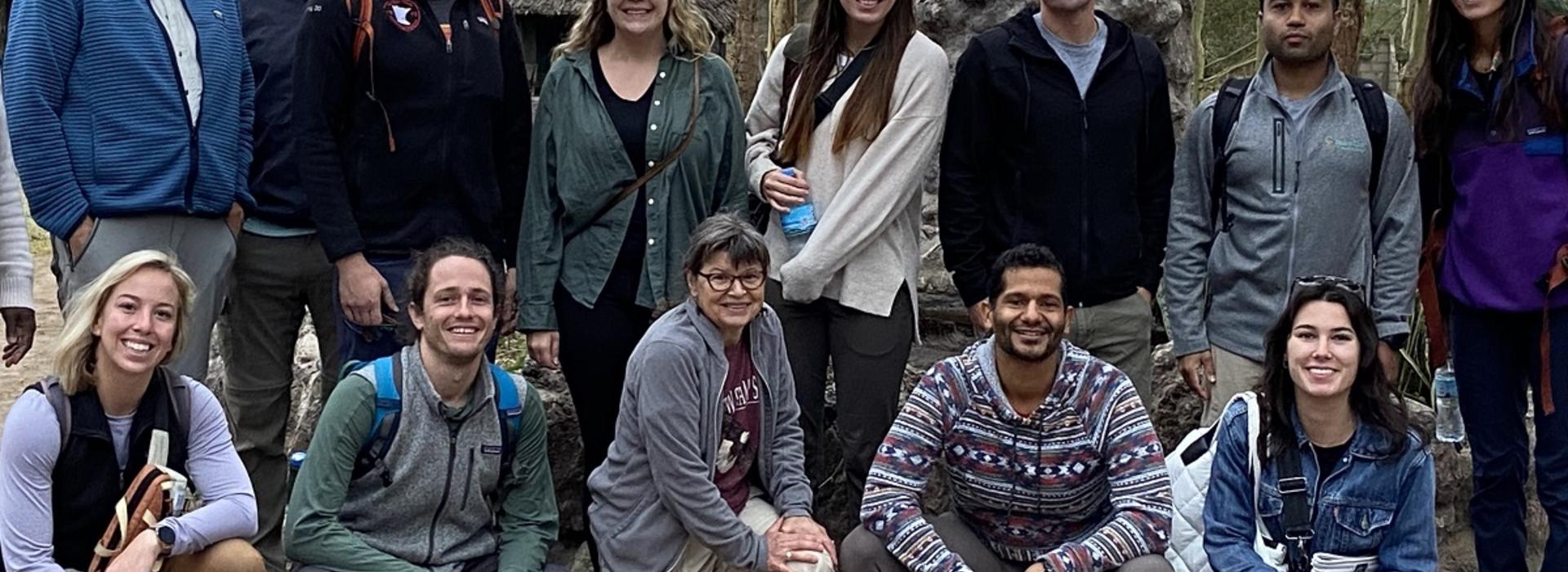
Trip to Africa teaches faculty member about the impact of culture on mental health and substance abuse
For the past three years, Associate Professor Sheila Specker, MD, has been consulting with an organization known as KOPI. “KOPI is a Minnesota nonprofit operating internationally at the intersection of emergency medicine and mental health,” said Specker. “They are a team of volunteer emergency medicine and psychiatric physicians, psychiatric nurses, EMTs, mental health therapists, and other passionate professionals in the medical field dedicated to making lasting change to global medicine.”
In her role as a faculty member and as an addiction psychiatrist, Specker believes in the importance of global work and sharing with and learning from other cultures. “It enhances my abilities to understand the impact of culture on mental health and substance use management,” she said.
Need for flexibility
Throughout 2022, Specker worked with KOPI founder Nathan Koranda to prepare for an August 4-21 trip that focused on the Arusha Lutheran Medical Centre (ALMC) in Tanzania. I was told that once we arrived, our plans and work might change depending on their needs. “We might prepare information and then it could all change when we get there. We wanted to be able to modify what we did to better meet the culture’s needs at that time.”
Before the trip, Specker reviewed the literature about substance use in Tanzania. From the World Health Organization, she learned about what substances are most available and how common substance use disorder is. “I was trying to understand as much as I could about addiction in that culture’s context,” she said.
Her research helped her create or review materials for the trip that enabled her to:
- Teach ALMC medical staff and nurses about substance use disorders (SUDs); specifically, about how to recognize and manage them
- Discuss SUDs with Arusha community members, especially teachers whose high school students have behavioral and emotional problems
- Talk with regional police about the impact of trauma.
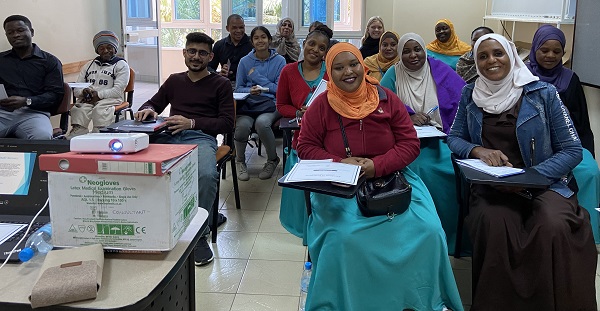
For the high school teachers, Specker focused on risk and prevention. “One of the things I learned about Tanzania is that while there is a legal age for purchasing alcohol, anyone can pretty much purchase it at any age – the main limitation is money,” she said. “So, kids use what they can afford, which is inhalants.”
Focus on trauma
When speaking to the police, Specker knew that in the area the group visited, there are no emergency medicine providers, no first responders, no paramedics. “The police are it, so whenever there is an injury or a traffic accident, they have few skills for handling it,” she said. “We had several paramedics and two emergency room doctors from Hennepin Healthcare in Minneapolis with us. They provided training about things like how to stop bleeding, how to use a backboard or c-collar – basic emergency medical processes.”
Specker learned that the police also had no training about how seeing all this trauma affected them personally. She talked with them about the different kinds of trauma and physical reactions to it, and the differences between how it affects them in the moment versus later. “We asked them about how they handled their reactions,” Specker said. “As you might expect from most cultures, the men rarely talked or asked for help, and the women sought support from other women.”
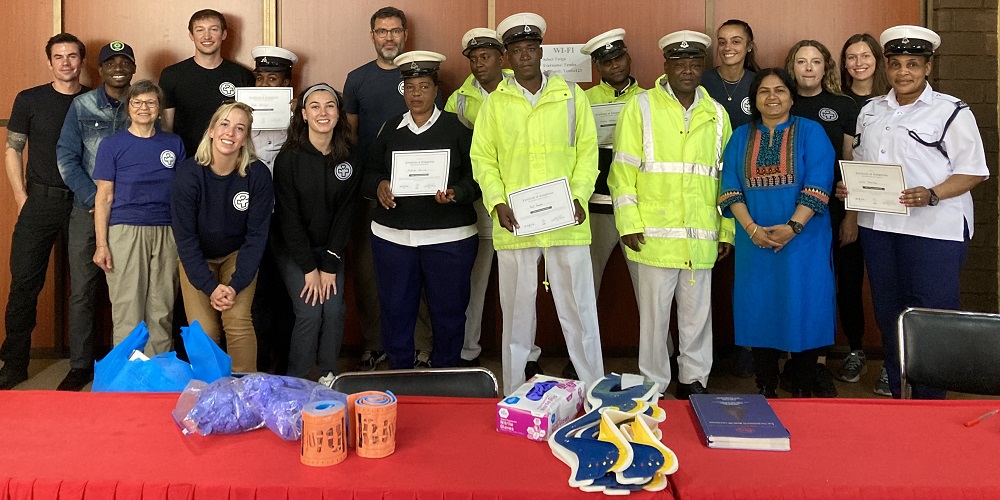
In addition, she talked to the police about PTSD [post-traumatic stress disorder]. “We weren’t there to do therapy as we only had three days – it was more of an educational door-opening,” Specker said. “One of the most affirming things that happened was when a higher-ranking police officer told me he would really like to have more of the kind of training we offered.”
While in Tanzania, Specker also met with the one psychologist for the entire region to consult on some of her cases.
Culture’s role
One of the lessons that Specker learned from her trip was the need to understand on a different level the role that culture plays in addiction and mental health. “In every culture, there is a varying degree of stigma related to seeking help,” she said. "In Tanzania, resources are scarce and there are many other obstacles such as recognition, expertise, and payment. It is rewarding to feel that we may have some, albeit small, impact in a developing country."
Specker is maintaining her relationship with the psychologist she met. “She asked to continue consulting with me on her cases,” she said. “I’m happy to do that because it helps maintain an ongoing relationship. It also makes me more eager to train others. I’m the department’s program director for the Addiction Medicine Fellowship and want to expand training of underrepresented physicians to better serve our communities."
